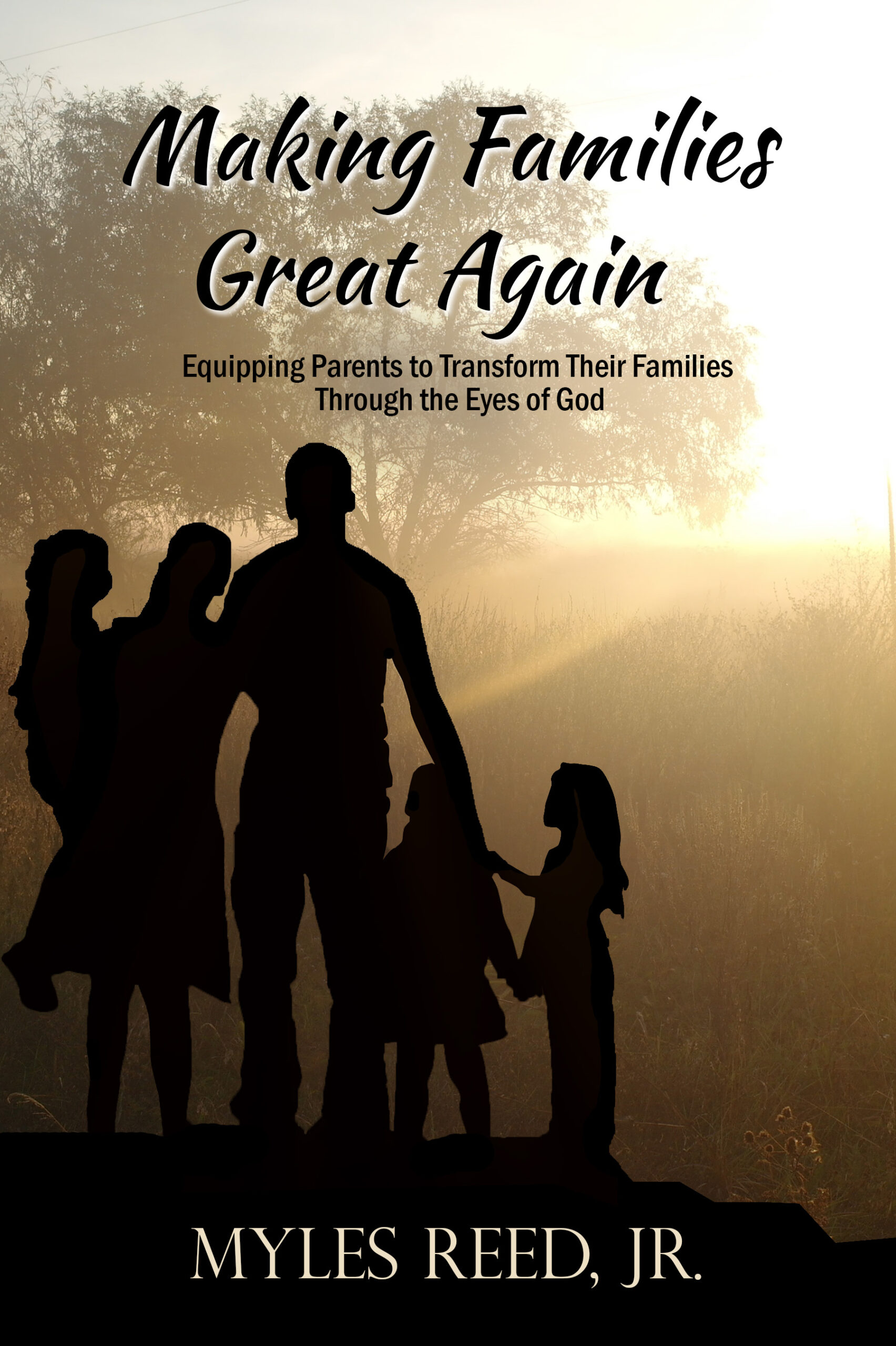
We aren’t in high school English class where we couldn’t think what to write but just added words to make the required count. And we’re not living in the nineteenth century when people admired a single sentence that took up the entire page.
I don’t know whether or not you think it’s all that important to begin to literally stay on point with a the few words that really matter most, but you should know that you will certainly lose the interest of your audience before the end of a very long sentence.
Do you see any difficulty with the last sentence? While trying to say more, we actually say less, because unnecessary words obscure the meaning. We can leave out “or not,” because the meaning is implied in “whether.” Do we need “begin to”? No, because the focus is staying on point, not just beginning. We can drop “all that” and “most.”
I don’t know whether you think it’s important to literally stay on point with a few words that really matter, but you should know that you will certainly lose the interest of your audience before the end of a very long sentence.
The –ly adverbs usually detract from the meaning more than they add. Take out “literally,” “really,” and “certainly,” and the remaining words will be stronger. We don’t need “that really matter,” which is redundant after already using “important.”
I don’t know whether you think it’s important to stay on point with a few words, but you should know that you will lose the interest of your audience before the end of a very long sentence.
That’s better, but it’s still thirty-seven words. For today’s audience, we want to average no more than twenty. And one-word sentences can be great. Really! (Did you notice that one-word exclamation?)
How else can we get the meaning in fewer words? We can delete “with a few words,” “you should know that,” and “the interest of,” which the context makes obvious.
I don’t know whether you think it’s important to stay on point, but you will lose your audience before the end of a very long sentence.
We’re getting a little better. Watch out for the indefinite qualifiers that mean little to readers. What’s the difference between a long sentence and a very long sentence? Drop the “very,” and readers get the point faster. We can shorten “I don’t know whether you think” to “you may not.”
You may not think it’s important to stay on point, but you will lose your audience before the end of a long sentence.
Now we’re getting close to understanding what the sentence means:
Stay on point with short sentences, or your audience will be lost before they reach the end.




 Character is a critical key to becoming a person of quality, and it starts in the home!
Character is a critical key to becoming a person of quality, and it starts in the home!